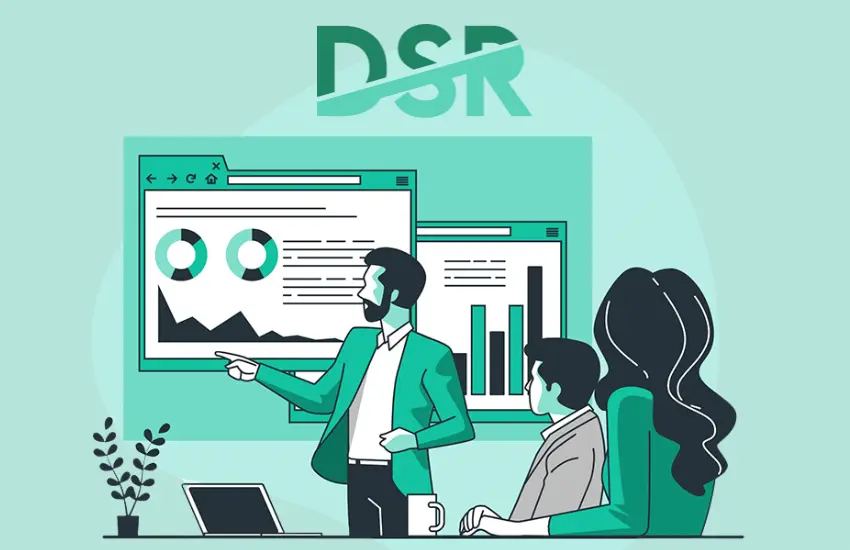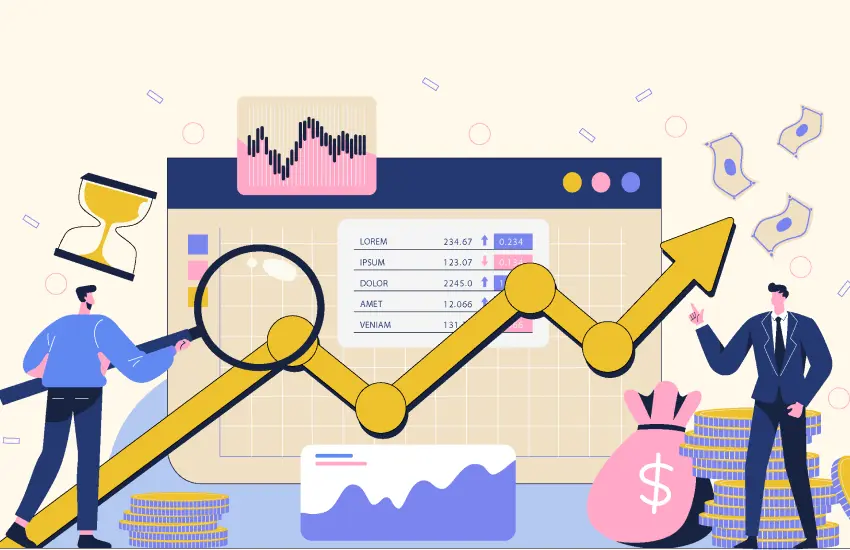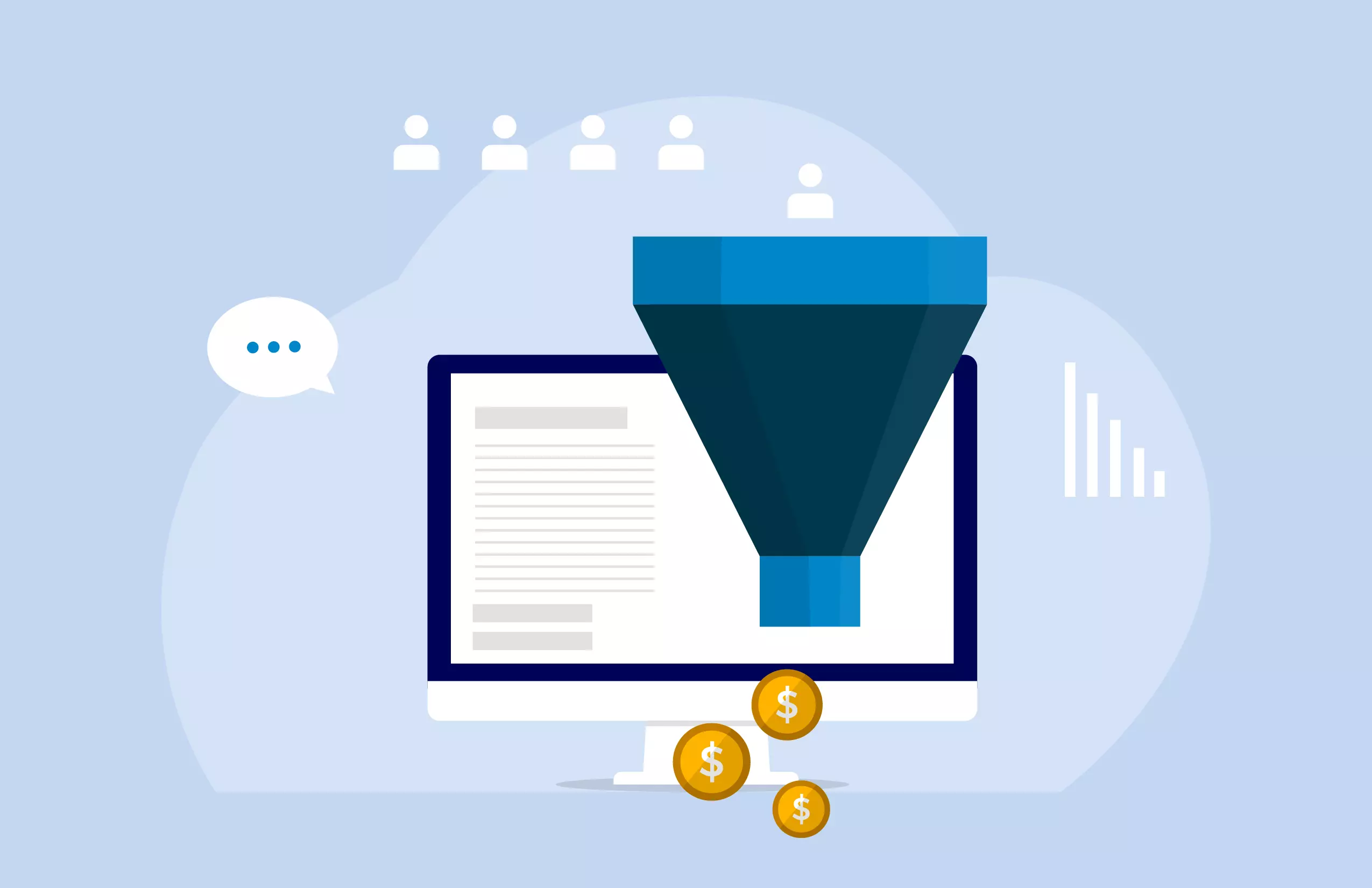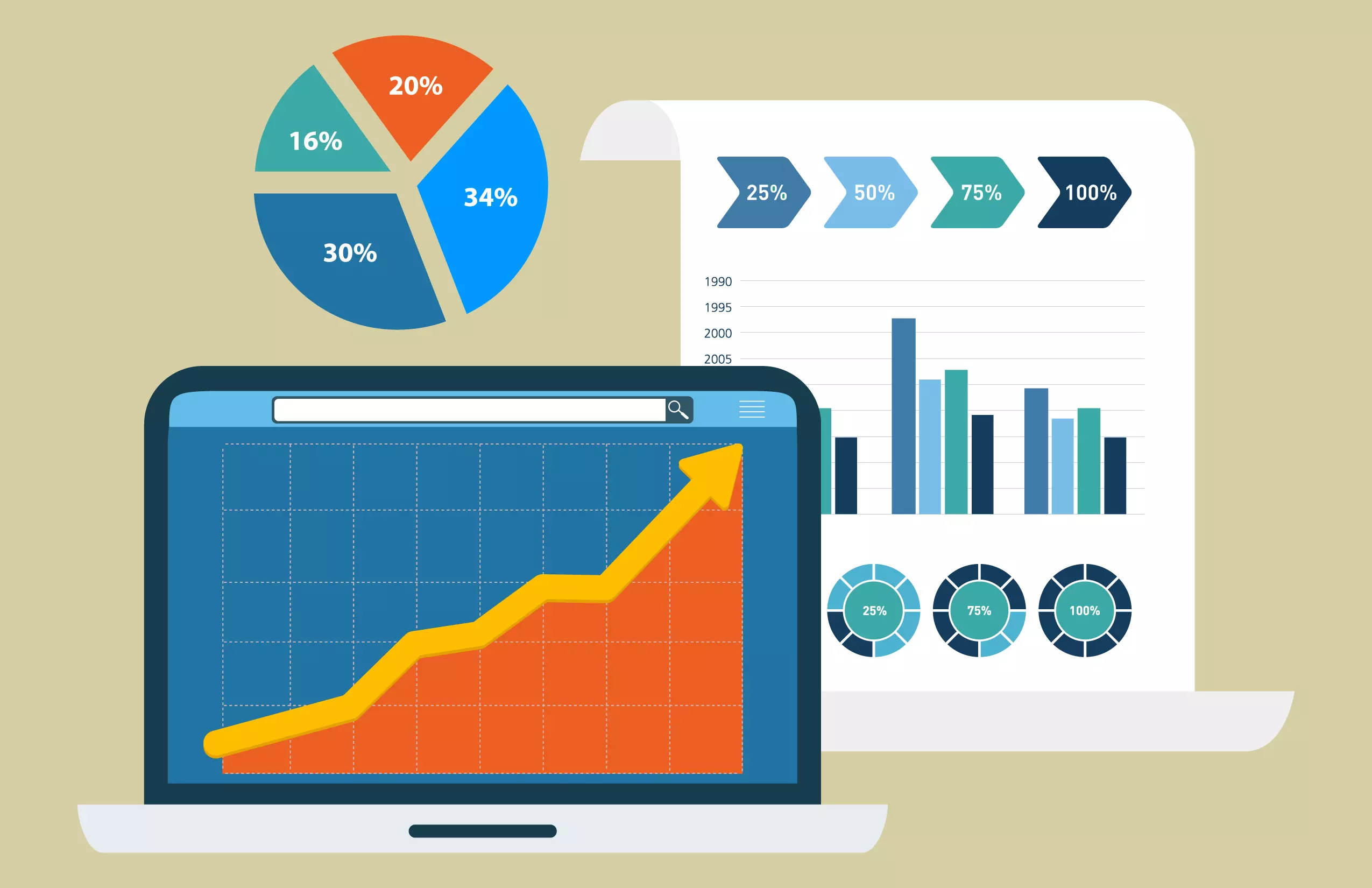
Importance of Regression Analysis in sales forecasting
Table of Contents
What is meant by Regression Analysis?
Regression analysis is a technique for determining numerically which elements might contribute. This technique is meant for companies that need in-depth, accurate, or quantitative knowledge of what might be impacting sales and how it can be modified, as necessary, in either direction.
A small business can find out which variables have the greatest impact, which ones it can neglect, and how those factors interact by using regression analysis. Regression evaluation is essential because it offers a powerful statistical tool that lets an organization examine the connection between two or more relevant factors.
Why is regression analysis needed?
Data, which corresponds to the numbers and statistics that define your firm, is the key. The regression analysis has the benefit of enabling you to essentially crunch the data to aid in your choice for your company’s present and future. Studying the relationships between data points is what the regression method of predicting implies, and this can help you with:
- Estimate both long- and short-term sales.
- Detect the inventory levels.
- Be conscious of supply and demand.
- Research and realize how different variables impact each of them.
Importance of Regression Analysis in sales forecasting
Successful implementation of the regression analysis method necessarily involves a thorough understanding of statistics and the variables that affect the sales performance of your company. To study the relationships between sales and factors that affect sales, several calculations are required.
To apply this to use, you would first examine why you are forecasting, or more precisely, what it is you want to learn and why it would be beneficial. From there, you establish the variable that is influencing things, in this case, your sales, the dependent variable.
Incorporate in this the elements that have an impact on revenue, the dependent variable. Secondly, determine the duration you want to go backward on and collect data for the relevant variables. Next, you choose and run your regression model to determine if there’s any correlation between those variables.
Let’s look into some of the vital factors considered by businesses that use regression analysis for their sales forecasting:
Forecasting statistics:
The application, which involves forecasting future opportunities and dangers, is the most widely used application of regression analysis in business. Predictive analytics, for example, could include demand analysis, which attempts to estimate how many goods individuals will purchase in the future.
In putting billboards where they will be most visible to potential buyers, predictive analytics may employ statistical algorithms to determine the percentage of shoppers who will pass in front of a particular poster. Furthermore, health plans use predictive analysis to predict the likelihood of claims in the future as well as the trustworthiness of policyholders.
Productivity efficacy:
Businesses use regression analysis to improve the business process. Regression analysis can be used, for example, by a production manager to assess the impact of oven temperature on the brownie bites baked in certain ovens, such as how long their shelf life might well be. Instead, a call center can apply regression analysis to figure out the connections between caller wait times and the number of complaints they make.
This kind of data-driven decision-making can eliminate guesswork and make the process of creating optimum efficiency less about gut instinct and more about leveraging well-crafted predictions based on real data.
Deciding factors:
Regression analysis is used by many firms and their chief executives today to make well-informed strategic decisions and do away with conjecture and subjective judgment. Regression allows associations to approach their management strategies from a scientific viewpoint. Both small and large companies are frequently literally hammered with an excess of data. To make the most informed decisions, managers can filter through the data to identify the appropriate variables with the assistance of regression analysis.
Fixing corrections:
Even the most experienced and cautious managers sometimes make wrong decisions. Regression analysis aids in identifying and fixing mistakes for managers and businesses in general. Let’s say, for one, that management of a retail store assumes that extending the opening hours will boost sales.
Regression analysis may demonstrate that the slight increase in sales might not be sufficient to balance the rising cost of labor and operating expenses such as using more electricity, for example. Management could determine that an increase in hours would not result in an increase in revenue by using regression analysis. This might help the manager in eliminating an expensive miscalculation.
Unique Insights:
Analyzing the data can offer novel and enlightening observations. Several companies accumulate a lot of customer data. Yet without a thorough regression analysis, which may help to figure out the link between multiple factors to recognize trends, such data is meaningless.
Regression analysis, for example, may reveal that sales are more likely to rise on certain days of the week and decline on other days. Then, managers could modify compensation by maintaining inventory on hand, hiring more employees, or even making certain that the best sales or service representatives are available on such days.
Enhanced awareness of sales performance:
As regression analysis focuses extensively on information, learning requires talent and consistent practice. You’ll need to improve not only your implementation skills but also your knowledge of the consequences.
But, if you can do your regressions effectively, your business will eventually be able to learn pertinent details about the company that can be used to promote future growth. By successfully implementing sales forecasting methodologies, you will be able to assess your sales opportunities, track the performance of individual salespeople, and establish post-sales support systems, such as infrastructure and materials, if needed.
Bottomline
You can acquire statistical knowledge about the factors impacting sales success by conducting a regression analysis. You can forecast expected sales future performance and determine which components of your strategy can remain the same and which ones need to change to accomplish novel business objectives.













































































